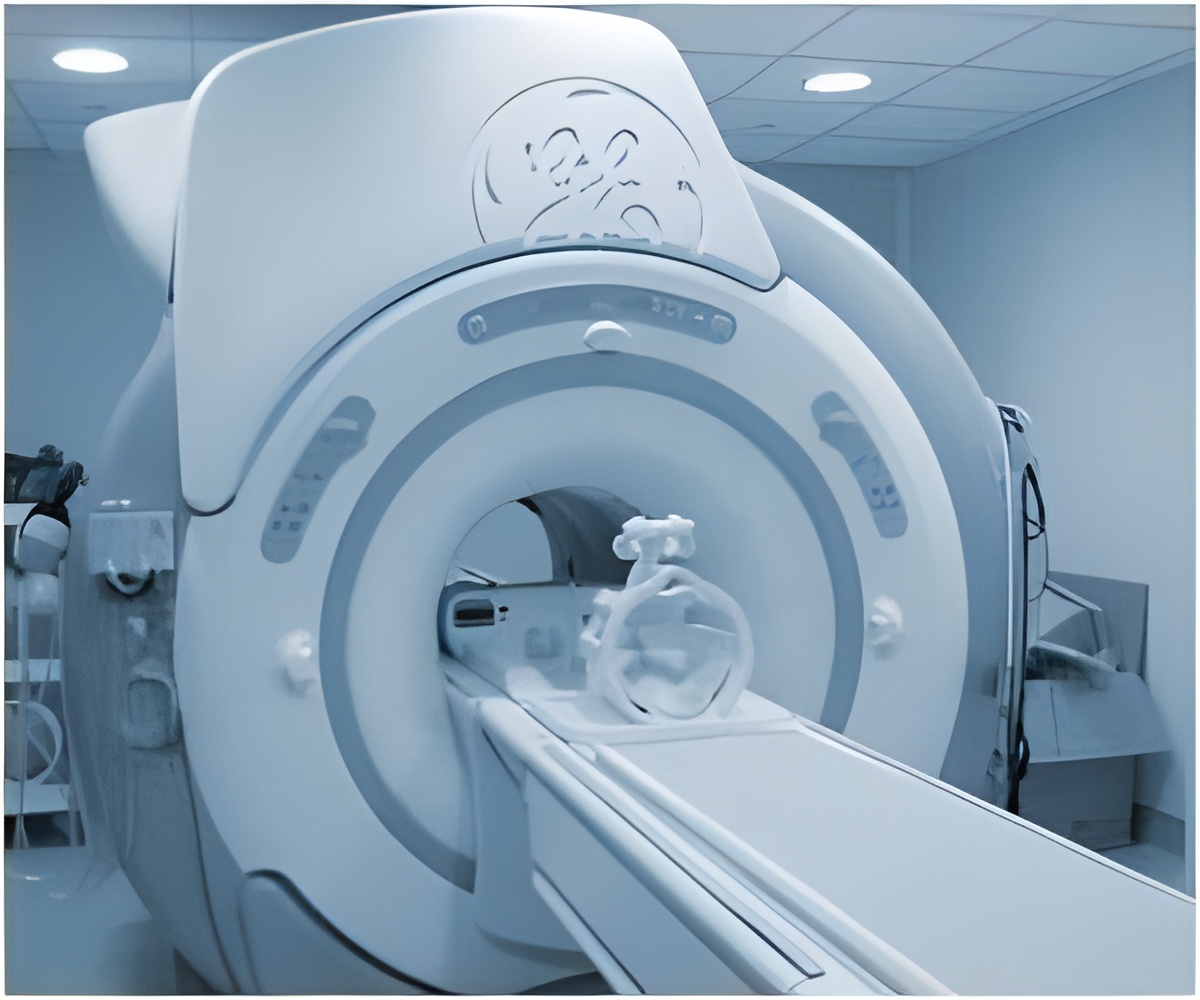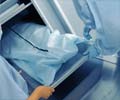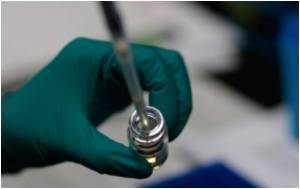UK scientists have revolutionized the conventional post-mortem process. Scientists have developed a cost-effective and easy-to-use non-surgical autopsy technique.

The invention has taken another step towards a minimally invasive autopsy for natural and unnatural deaths, for either single cases or mass fatalities.
It could also potentially allay qualms from certain faith groups that object to autopsies.
According to chief forensic pathologist Prof. Guy Rutty, the pilot study had demonstrated the potential of the technique to change the future of post-mortem procedures.
"The development of a minimally invasive autopsy technique would reduce the overall number of invasive autopsies performed in the UK but would still provide a service to the Coroner and determine the cause of a person's death. Currently, without the use of angiography, cardiac related death couldn't be reliably diagnosed using a post-mortem CT (Computed Tomography) scan. So we needed to develop a system that could do this," he said.
"We have successfully developed a quick and simple technique of 'minimally invasive targeted coronary angiography' where we inject contrast into the body of a deceased person through a small incision in the neck and then perform a full body CT scan. Using this method we are able to determine the cause of death in up to 80 percent of cases (in the series analysed to date)," he added.
He said the technique was novel because it uses catheterisation, contrast and imaging techniques that have not been reported previously.
So far, the technique has been tested on 24 cases.
The technique has been published March 1 in International Journal of Legal Medicine.
Source-ANI
 MEDINDIA
MEDINDIA




 Email
Email




